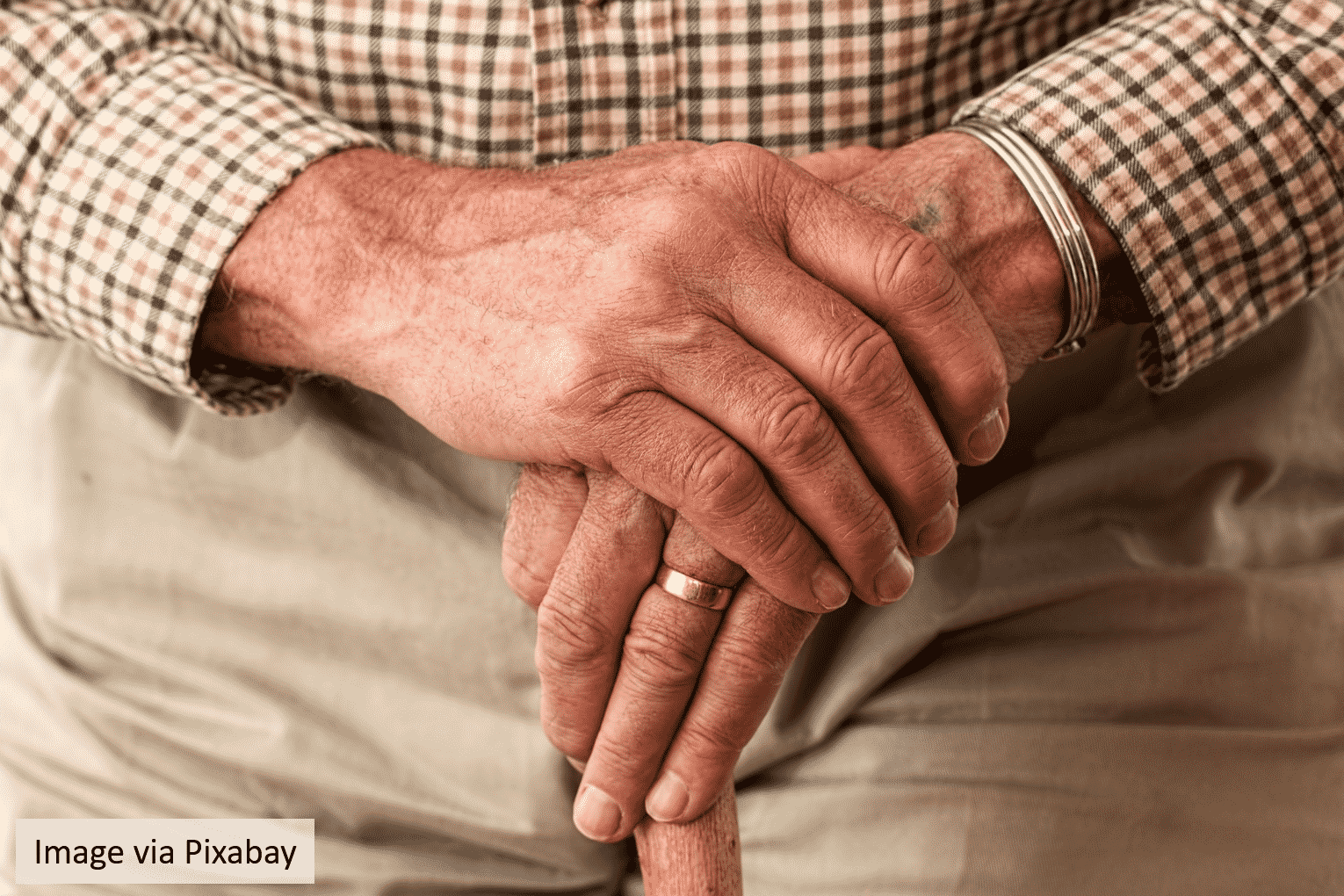
Intro by Katie Vella
In July I shared a guest post by Marie Villeza of Elder Impact. It was a terrific article about the health and safety challenges to traveling as you age. This is Marie’s second installment of informative blogs, each one designed to empower seniors against ageism. Check back each month for more helpful information, or even better check out Elder Impact and talk with their staff directly.
Yolanda Farrell, 85, was living in a nursing home when her daughter, Linda Maureen Raye, offered to be her caregiver. The pair moved to a one-bedroom apartment in Riverside, California in 2010. Raye was supposed to watch over her elderly parent. Instead, she fell prey to her own substance abuse issues and began to ignore her mother. Farrell developed septic shock as a result of the neglect and passed away in 2012. As for Raye, the state convicted her of elder abuse in 2015 and sentenced her to 11 years in prison.
This shocking story points out the need for those with elderly loved ones to keep a watchful eye on caregivers, even when the person providing the care is related to the patient. According to the AARP, caregiving is a high-stress, low-status occupation that can wear on anyone’s nerves. Even those with the best of intentions can become negligent or turn to drugs in an effort to cope with stress.
Suspecting a caregiver of substance abuse is never a comforting thought. However, the consequences that may befall the patient sometimes make it necessary. With that in mind, here are some warning signs to watch out for. Tell authorities right away if you see a caregiver exhibiting any of these behaviors, even if he or she is a close friend or relative:
- Erratic mood swings. People old and young use drugs as a way to find happiness; and, for a short time at least, abused substances can provide a sense of joy. This is why more and more older Americans are turning to alcohol and marijuana. Growing old is never easy. Caring for a person with declining health can make the experience almost unbearable. We say this not to stigmatize senior citizens or caregivers, but to point out a very real problem that deserves attention.
- Unexplained money problems. Caregivers who use drugs or alcohol may find themselves short of cash as they become more and more dependent on their addiction. They may begin to dip into the patient’s cash, credit cards, or savings to fund their habit.
- Signs that the patient’s physical or mental health is declining for no apparent reason. This often indicates neglect or outright abuse.
Let’s say you’ve looked into the situation and believe the caregiver is at fault. Here’s how to proceed:
- Address your concerns towards the situation, not the caregiver: “Hi, Granddad, we appreciate all the good care you’re giving grandma. I was wondering if you know anything about this withdrawal from her bank account two days ago.” Give him a chance to reply before forming conclusions. Leveling unproven accusations might only make an innocent party suffer.
- Offer to help ease the caregiver’s burden. For example, let’s say your aunt is caring for your mom, who is elderly and bedridden. You might offer to take over the care one night a week to give your aunt some time off. Or you could offer her a listening ear if she ever needs to talk. This may get your aunt to open up about problems that are impeding her caregiver duties.
At the very least, it will help the person providing the care to feel appreciated, which may stop addiction or elder abuse before it starts. This is one case in which prevention is always the best cure.
Many situations call for both vigilance and discretion. Dealing with a caregiver whom you suspect of substance abuse is one of those times. Use the suggestions in this post to protect those you love while giving yourself some much-needed peace of mind.





